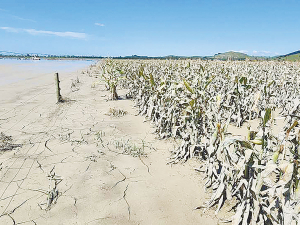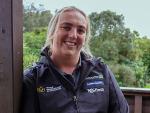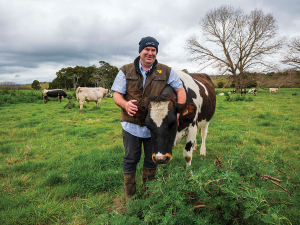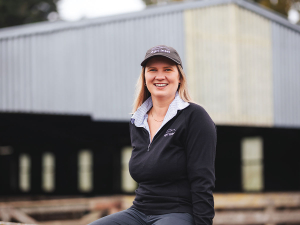A study examining the recovery of land covered by silt during Cyclone Gabrielle last year could provide critical insights on how to manage recovery from the storm.
Hawke’s Bay researcher Alan Kale says the study was aimed at growers and supporting their recovery as well as the recovery of the land.
“We found that land covered by sludgy clay-based silt could grow good vegetable and arable crops in the next season, with minimal additional effort,” Kale says. “However, the story was considerably different for land covered by sandy silt. Crops grown on this land did not thrive.”
He says the idea of the study was to create a body of knowledge that could be used both immediately and in the aftermath of a future, similar flooding event.
“We believe we have achieved this outcome,” Kale says. “However, we also believe that there is more work we could do to aid understanding, if there was funding to extend the study for another couple of years.”
The study, which Kale worked on with colleague Diana Mathers, looked at the recovery of silt-covered land at 34 different sites in Hawke’s Bay, Wairoa, Gisborne and Tolaga Bay.
It was managed by the Foundation for Arable Research (FAR) with funding from the Ministry for Primary Industries’ (MPI) North Island Weather Event Fund, and Vegetable Research and Innovation (VR&I).
“We’d like to thank all participating growers for their openness and willingness to give freely of their time and knowledge, at a time when they and their families were enduring extreme physical, financial and emotional impact,” says Kale.



















